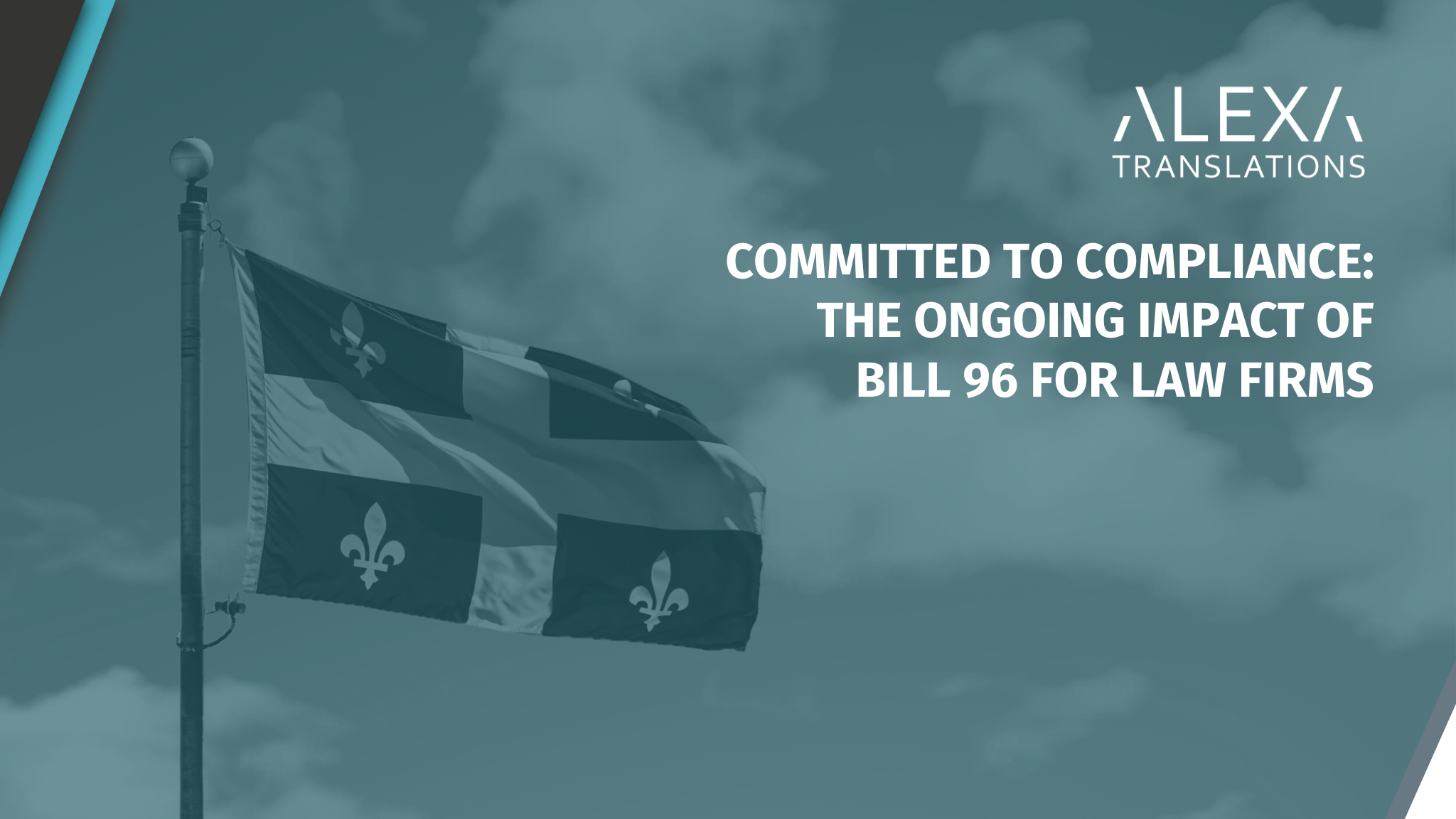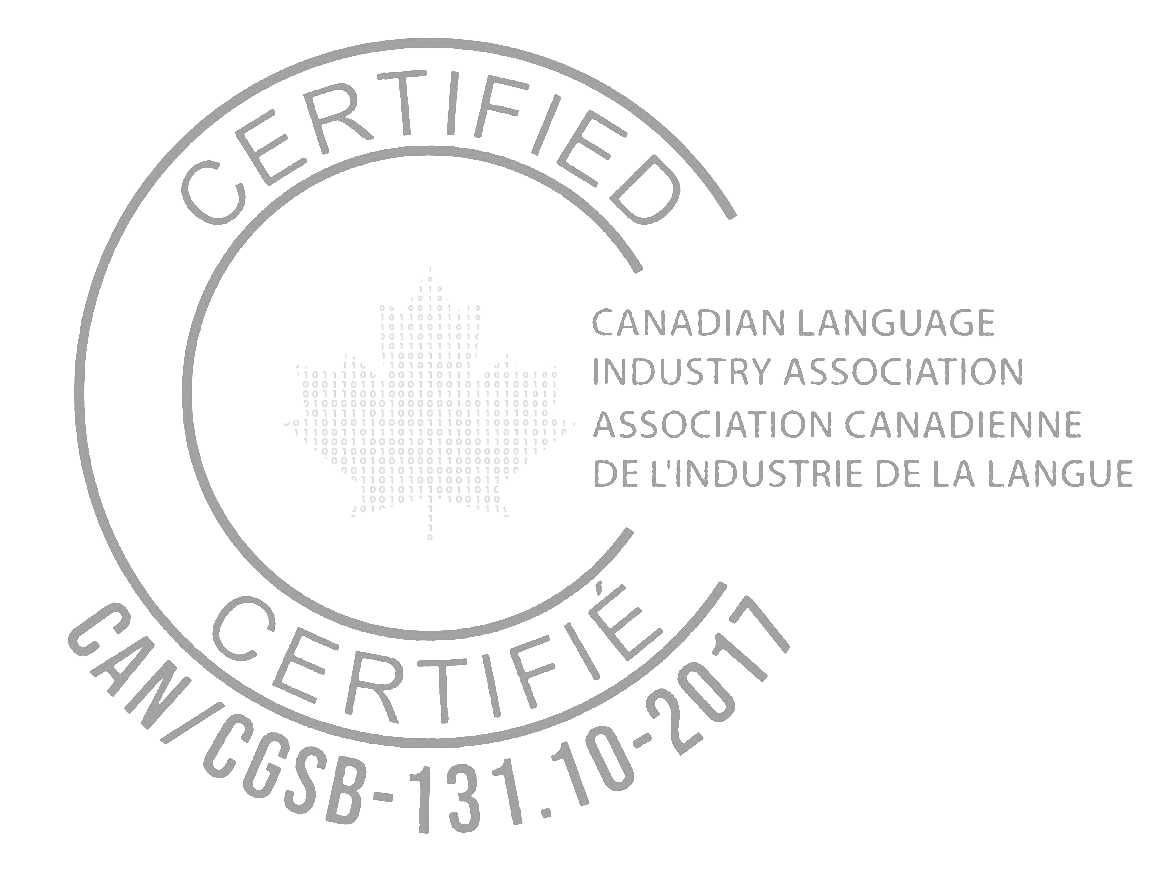It has been just over a year since businesses in Quebec began experiencing the impact of Bill 96. Intended to protect and prioritize the use of French as the official language, the law is considered long overdue by some and contentious by others.
While several sections of Bill 96 came into force in June 2023, their enforcement has been staggered, often relating directly to the size of the company involved. Additionally, businesses in Quebec with 25 or more employees are required to submit formal documentation to the Office Québécois De La Langue Française (OQLF) and to comply with the Francization requirements by June 1st, 2025.
While it may seem like a significant amount of time, the impact of the law is already being felt. Primarily, businesses are required to service customers in both French and English, without favouring one over the other. Failure to do so could result in fines.
Law firms, specifically, have been hard at work interpreting the law, which leaves many questions unanswered. Additionally, the impact of Bill 96 is fundamentally shifting how law firms operate, requiring them to strategize and optimize how they approach its requirements without compromising the quality of the work that they do.
What follows is four key considerations for law firms when it comes to ensuring compliance with Bill 96.
The Language of Contracts
Contract law had previously been unaffected by many changes to language legislation, this is no longer the case. Since June 1st, 2023, any contract that is predetermined by one party must be presented in French to the party in Quebec. This demonstrates how important translation–and, particularly, accurate translation–has become for every law firm and organization dealing with Quebec parties.
B2B Contracts are Not Exempt
While it was initially thought that there would be no impact on B2B contracts by the legislative changes of Bill 96, analysis by top lawyers concludes there has been no exception made specific to B2B contracts. Initially, thoughts were that the Quebec government would shy away from changes that could run the risk of hindering trade but, in the current state of play, it appears this is not the case. While this grey area exists, it is wise for B2B contracts for operations in Quebec to preempt the legal requirement and include French translations.
The Informal Transition Period is Coming to an End
While something of an informal grace period has been applied, the government is expected to start cracking down on non-compliance very soon. Some predictions suggest that law firms and businesses can expect some pushback if they are found to fall short of the law starting as soon as early 2024.
With the end of the year in sight, it is imperative that law firms and businesses prepare for the worst and invest in a reliable translation solution to enter the new year with the right French foot forward.
Accuracy is Still Key
Whatever the language of a contract, accuracy is a fundamental component of the legitimacy and potential application of any contract. To this end, law firms are faced with the unique need of ensuring all versions of any contract are error-free in multiple languages.
This emphasizes the importance for law firms to work with a translation partner as skilled in its understanding of Quebec legalese as with translating into French-Canadian.
Alexa Translations is Your Partner in Bill 96 Compliance
We have been committed to serving our clients and their translation needs as the impact of Bill 96 comes into effect. To this end, we have also developed a dedicated Bill 96 Content Hub to help answer your questions and overcome your challenges.
Our Alexa Translations A.I. has also been designed to support your firm or business’ compliance as you come to terms with the finer details of Bill 96 and what it means for you.
With the time left to prepare coming quickly to an end, connect with us to request your own personalized demo on a free 30-day trial.














